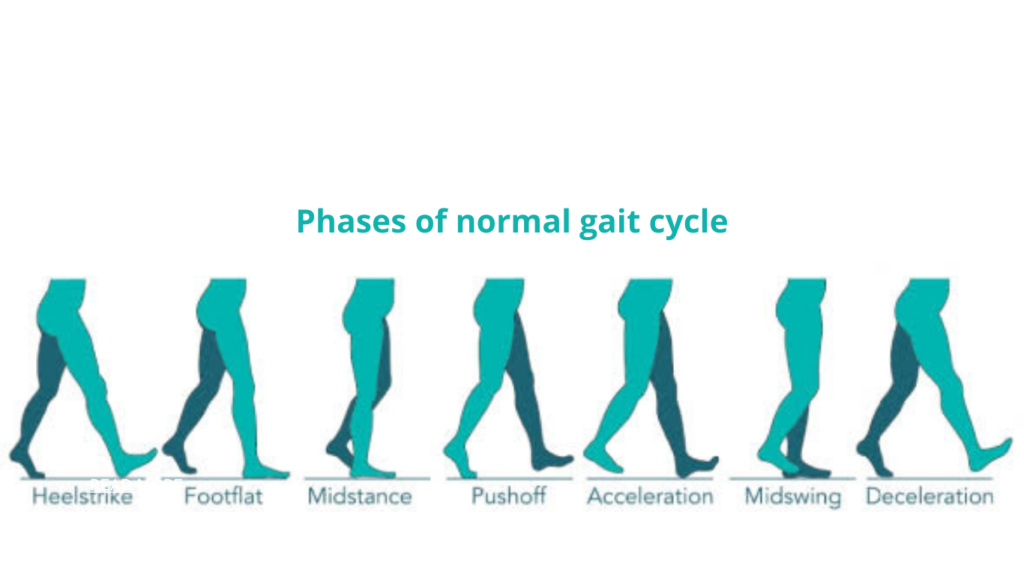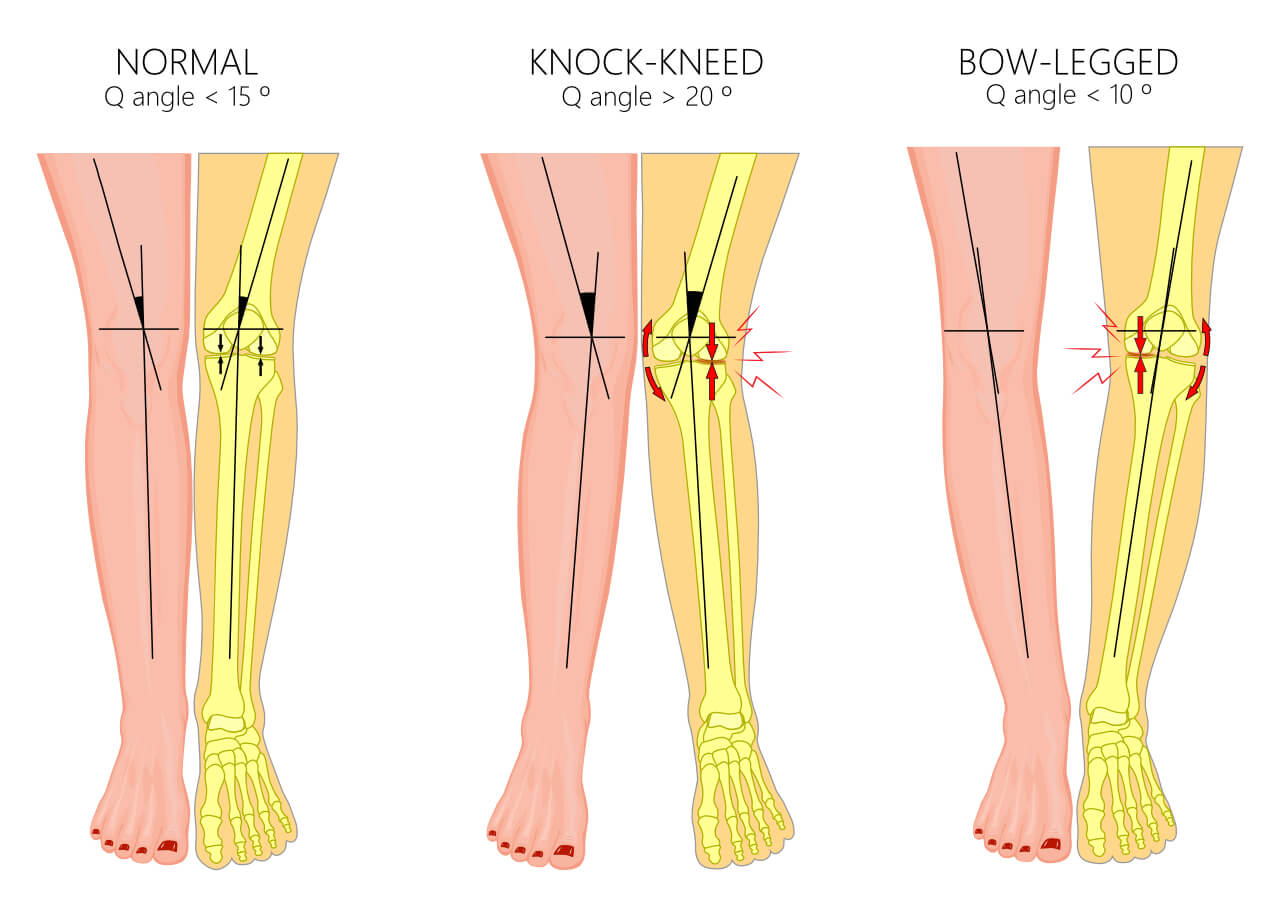The way you walk, or your walking pattern, known as gait, can indeed provide insights into your musculoskeletal health and potentially impact your overall musculoskeletal lifespan. Here are several aspects of how walking pattern and foot health are interconnected:

Biomechanics and Alignment:
The biomechanics of your walking pattern can reveal information about how your joints and muscles work together. An abnormal gait, such as over pronation (rolling the foot excessively inward) or supination (rolling the foot excessively outward), may lead to increased stress on certain joints, potentially contributing to musculoskeletal issues over time.

Impact on Joints
The way you walk can influence the load and impact on your joints, including the ankles, knees, hips, and spine. Improper gait patterns may contribute to joint pain, instability, and an increased risk of developing conditions such as osteoarthritis.

Foot Health
The health of your feet is crucial for maintaining a healthy walking pattern. Issues such as flat feet, high arches, or conditions like plantar fasciitis can affect the way you walk and may contribute to musculoskeletal problems.
Balance and Coordination
A stable and coordinated walking pattern is important for preventing falls and maintaining overall musculoskeletal health. Balance issues and an unsteady gait can increase the risk of injuries, particularly in older individuals.

Muscle Strength and Endurance
The way you walk reflects the strength and endurance of various muscles involved in the walking process. Weakness in certain muscle groups can alter your gait and may lead to musculoskeletal imbalances.
Early Detection of Issues
Changes in your walking pattern can serve as an early indicator of musculoskeletal problems. Monitoring your gait may help identify issues before they progress, allowing for early intervention and preventive measures.
Impact on Long-Term Health
Maintaining a healthy walking pattern is not only important for immediate comfort but also for long-term musculoskeletal health. Chronic issues related to gait can contribute to the overall musculoskeletal lifespan and influence the risk of conditions such as chronic pain and degenerative joint diseases.
:max_bytes(150000):strip_icc()/aldomurillo-a1e9377f5269440c8e0a020a0dc9c889.jpg)
Regular assessments of your gait by healthcare professionals, such as podiatrists, orthopaedic specialists, or physical therapists, can provide valuable information about your musculoskeletal health. Addressing any issues with your walking pattern early on through appropriate interventions, such as orthotics, physical therapy, or lifestyle modifications, can contribute to a healthier musculoskeletal lifespan.
Author
Dr. DURGA SARAVANAN (PT., MSc Sports biomechanics and kinesiology)

